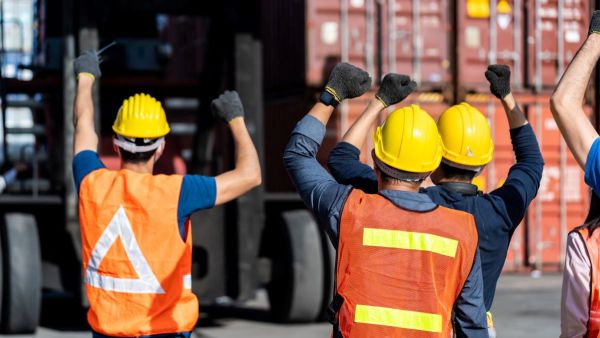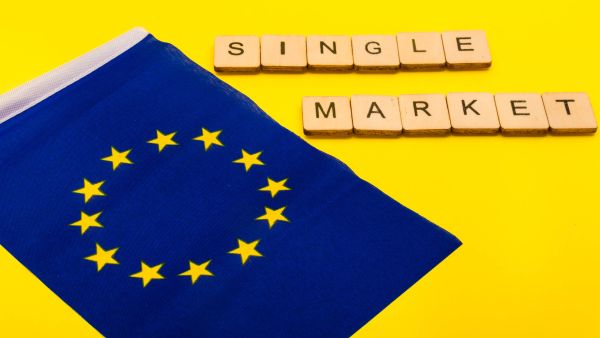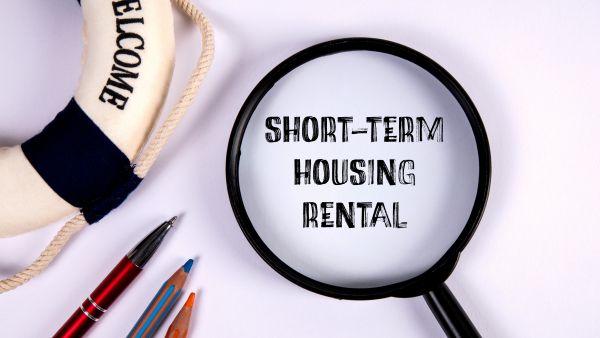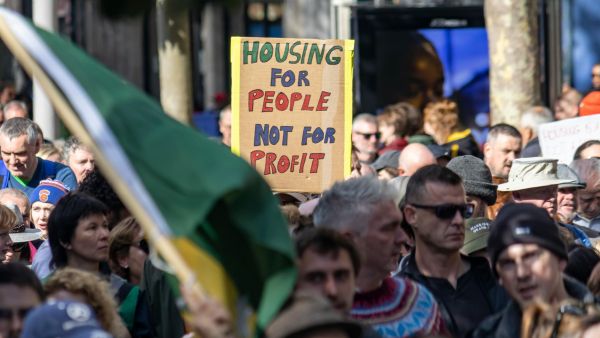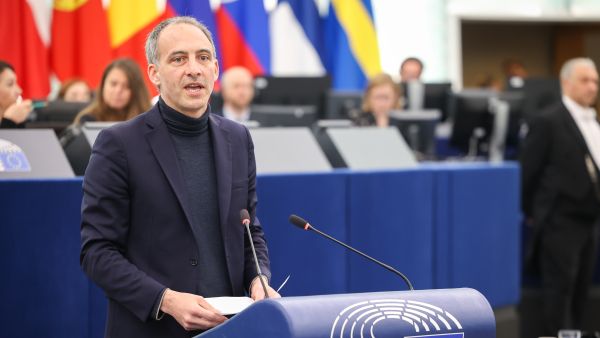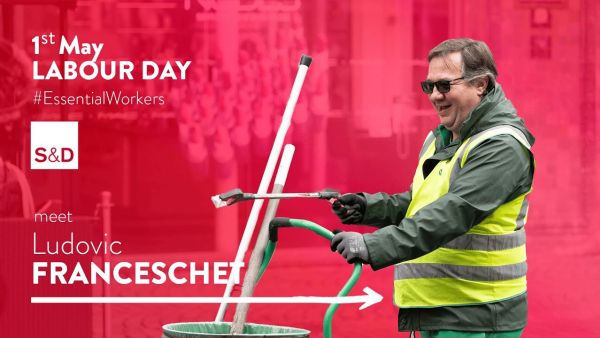The S&D Group in the European Parliament is fighting to make responsible business conduct the norm, through EU-wide mandatory due diligence for companies. S&D MEP Lara Wolters drafted the report that the Legal Affairs committee will debate and vote on over the coming weeks.
Frequently Asked Questions on due diligence
What is due diligence?
By due diligence we mean “reasonable care”. In particular, the care we expect companies to take to respect human rights, the environment and good governance. We want to ensure this care (or ‘diligence’) by making it mandatory for companies to put in place processes that guarantee responsible business conduct. Such processes would consist of monitoring and identifying risks, and addressing and remedying the negative impacts linked to a company’s operations. These would include, for instance, a company’s impacts on social and labour rights, or on a natural ecosystem or on local governance where there are risks of corruption or bribery.
What is the S&D Group fighting for?
We are fighting to make responsible business conduct the norm. To make this happen, we need EU-wide mandatory due diligence for companies, which obliges them to look at their entire supply chain.
We want to make sure there is a cultural change in companies. Due diligence is not just a box-ticking exercise, but a continuous process.
We also want to strengthen access to justice for third-country victims that have been harmed at the hands of EU companies.
In a nutshell, we are fighting to put people and planet first, not profits and shareholders.
How far should the rules go?
We want to make sure that companies are performing environmental, governance and human rights due diligence throughout their entire supply chain - including if that supply chain reaches outside of Europe. Even where supply chains are very complex, we expect companies to do all that can be reasonably expected to prevent harm.
The rules need to be broad in scope and apply to all EU companies, including financial services companies, with the possible exception of micro-enterprises. Nonetheless, the extent of due diligence requirements may vary with the nature of the risks and the size of companies.
Consumers are more and more vocal on how they expect companies to behave. Is that not enough?
Unfortunately not. Voluntary measures on due diligence (such as the OECD Guidelines for Multinational Enterprises) have not succeeded in bringing about an overall mind-set shift among EU businesses: recent research shows only 37% of business respondents currently conduct environmental and human rights due diligence, and only 16% cover the entire supply chain [1].
For those companies that are using voluntary measures and behaving responsibly, we want to make sure they are encouraged rather than put at a competitive disadvantage because they are doing the right thing for people and planet.
Are these rules burdensome for businesses?
No, even if a company is small there is an extensive volume of standards and guidance available to support businesses in carrying out due diligence obligation, including the OECD guidance for responsible business conduct. Although these standards are still not embraced by the majority of our businesses (for reasons described above), a considerable number of businesses today successfully implements them.
Furthermore, for our SMEs, it is important to stress that proportionality is embedded in due diligence, and the adoption of due diligence proposals should take into account the size of a company and the nature of their risks. Finally, a majority business respondents have asked for mandatory due diligence in a survey conducted by the Commission[2].
Who supports mandatory rules?
There is widespread support for a mandatory framework on due diligence among civil society, international standard setters, Member States and companies themselves. No company actively seeks to do harm. However, companies lack clarity on what is expected of them.
What can happen without due diligence?
There are a number of examples where due diligence would have prevented environmental and human rights disasters.
In Bangladesh in 2013, thousands of workers were killed and injured, the majority of them women, because of a structural failure in the Rana Plaza building. This disaster shed a light on the abusive working conditions that are often found in the global textile supply chain. With mandatory due diligence, we can make sure that EU businesses will make all reasonable efforts to identify and address d violations of the rights of those workers who make the clothes we buy and wear every day..
The contamination of Ogoniland in the Niger delta is another shocking example of how a lack of responsible business conduct has harmed the environment and caused immeasurable damage to people’s health, homes and livelihoods.
In the factories of a global tech supplier in Shenzhen, a wave of suicides showed some workers would rather die than face another day at the assembly line. Rather than improve working conditions, the corporate response was to have large nets installed outside many of the buildings. This type of business conduct should never be accepted from the supplier of an EU company, and victims or their representatives should be able to hold mother companies accountable.
What can we achieve with due diligence?
A recent Commission study states that corporate short-termism puts at serious risk the attainment of the UN Sustainable Development Goals and the 2015 Paris Agreement. Only by ensuring companies take genuine responsibility for the impacts of their business conduct, will the EU be able to deliver on these commitments.
By extending the scope of due diligence right along the supply chain, the EU can be a positive influence in the world as an international standard-setter to respond to challenges such as climate change and human rights abuses. EU companies are a vital part of this process.
What are the next steps for due diligence legislation in the EU?
Between now and December, the Legal Affairs committee (JURI) in the European Parliament will be writing a report on due diligence, driven by the S&D Group.
We want this report to make clear our expectations from the European Commission, that intends to come forward with due diligence legislation in spring 2021.
In the context of the current health crisis, as well as the climate crisis we need to take bold steps to protect people and planet.
You can read the report drafted by the S&D MEP Lara Wolters here.
[1] Study prepared for the European Commission on ‘Due Diligence requirements through the supply chain’, DG Just, January 2020
[2] Ibid.




